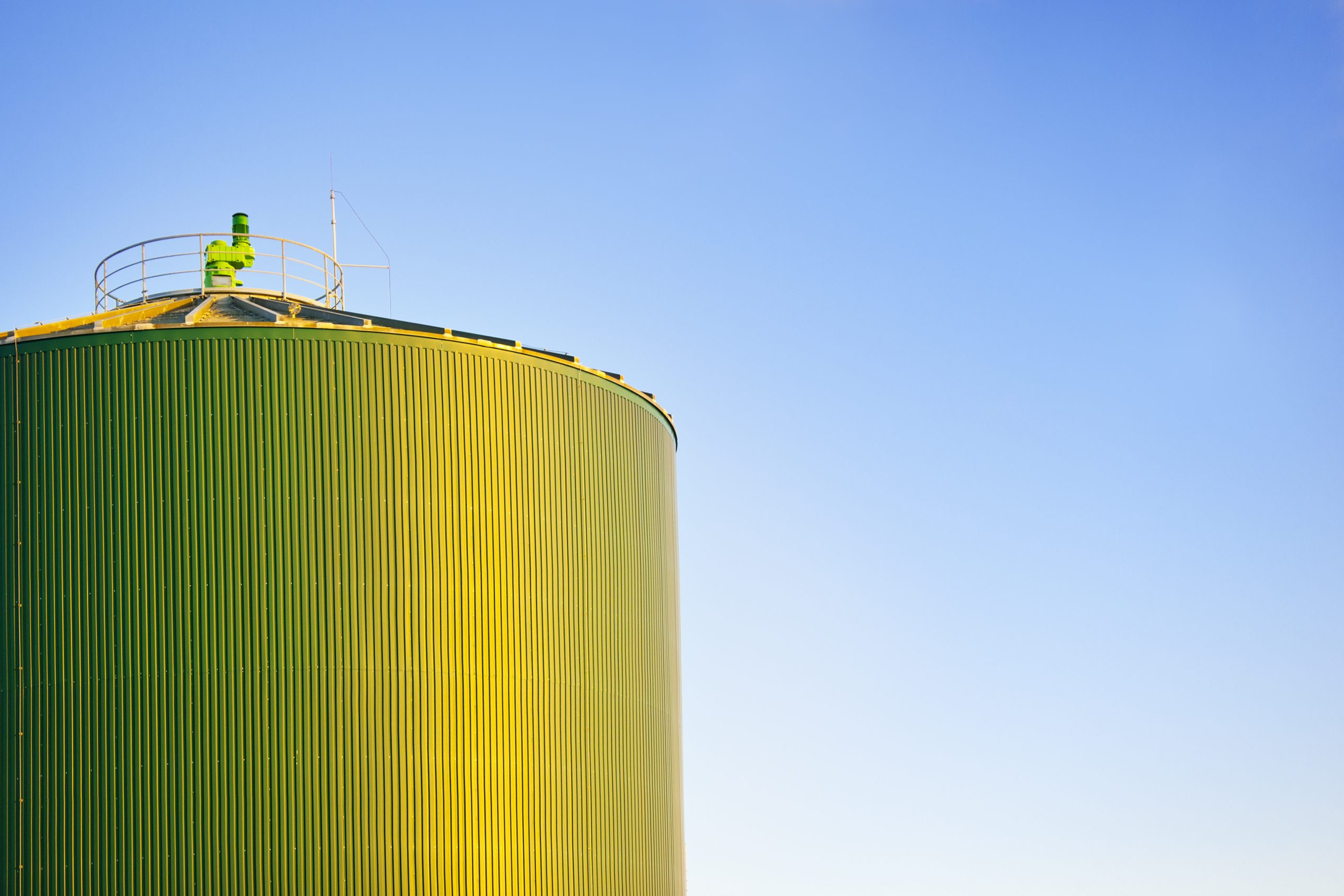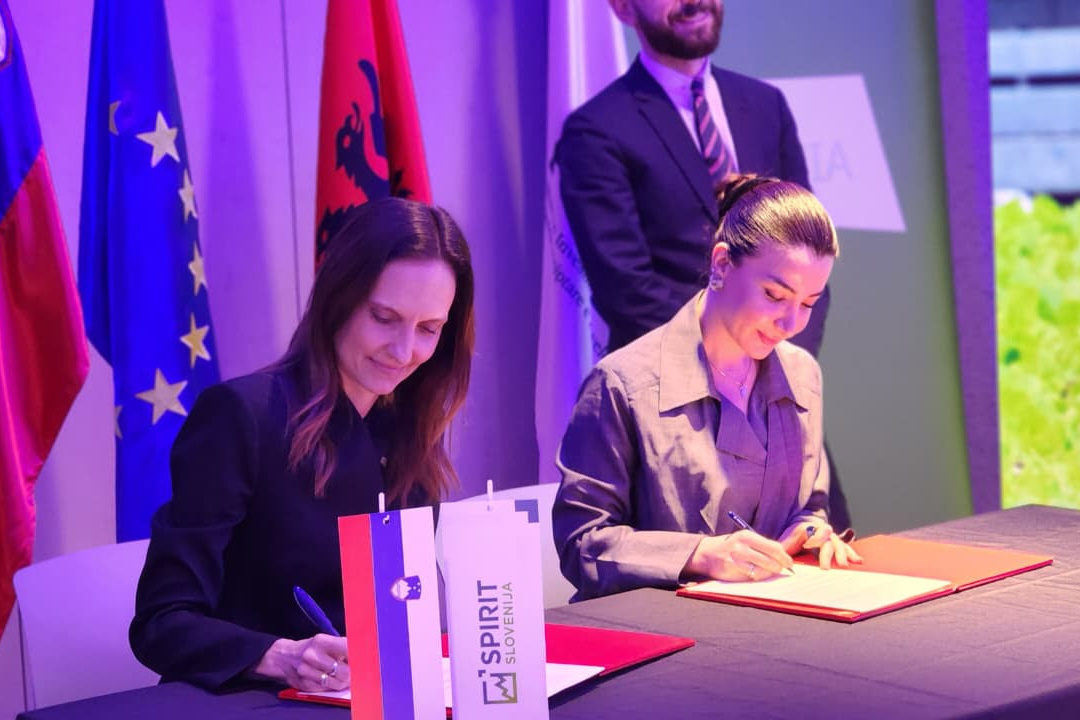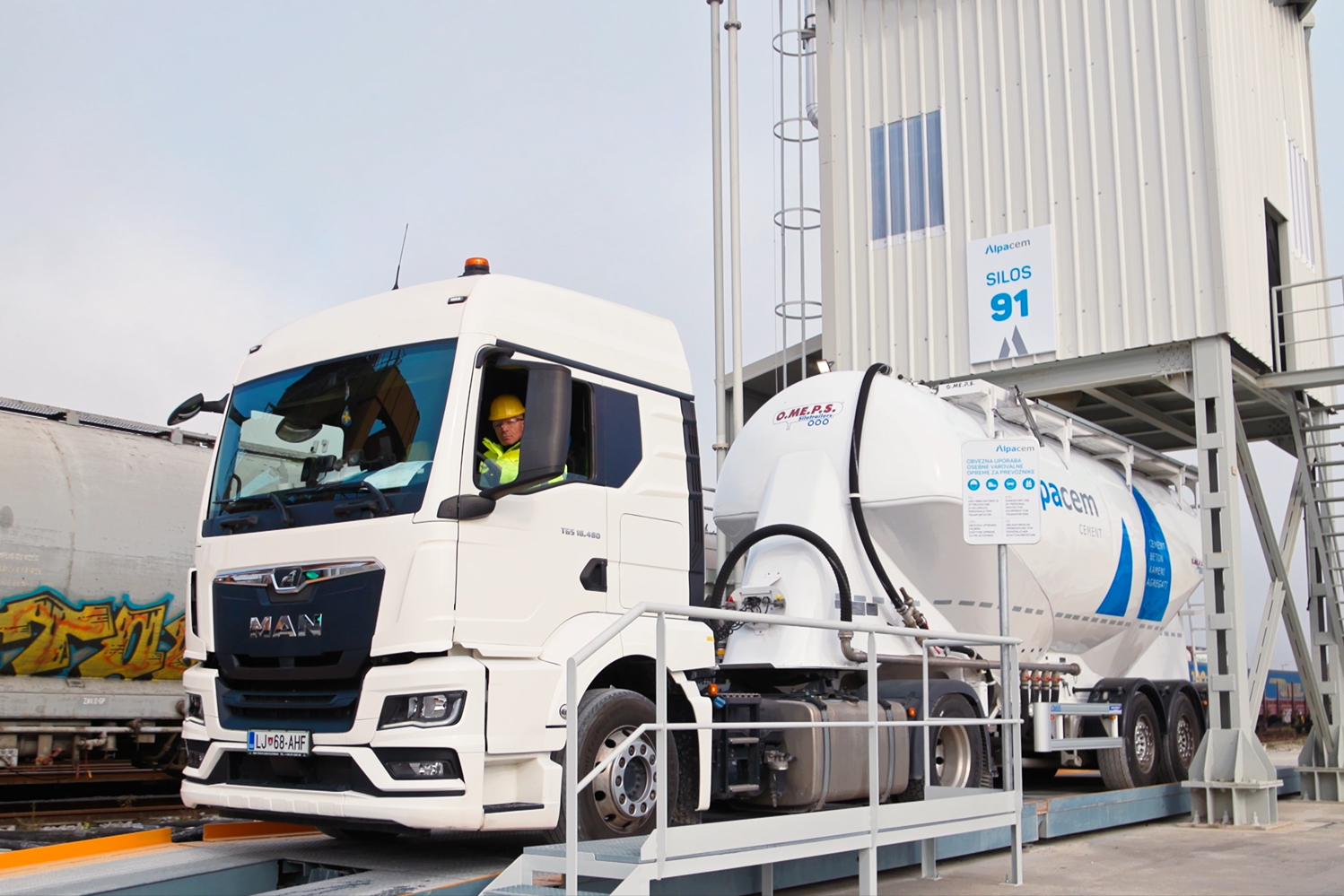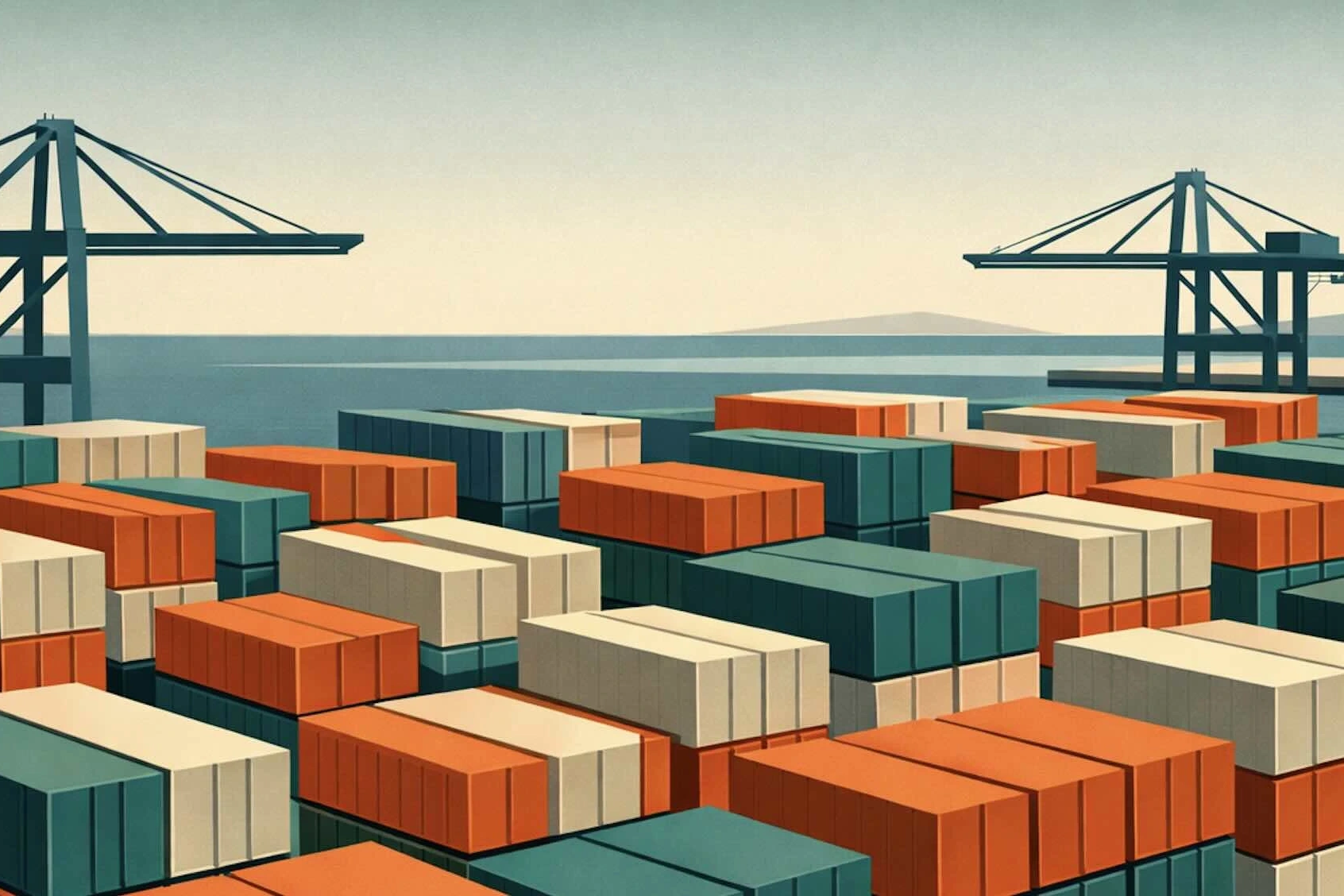Sustainability
Decarbonizing Supply Chains for a Sustainable Future
Barbara Matijašič
JOURNALIST AT THE ADRIATIC
When thinking about the challenges of the future, one thing is for certain - every scenario will be highly dependent on ESG criteria. The complexity of the challenges ahead is directly proportional to the length of supply chains. Great responsibility now rests on the shoulders of the large energy companies, which have the power to make significant contributions to a successful energy transition. In light of the current situation in the world, decision-makers are focused on finding an alternative - to tackle the challenge of uninterrupted power supply. This places energy companies at pivotal points in the energy transition.
Energy transition is complex due to the prism of supply chains, product life cycles and the sourcing of appropriate suppliers. Energy companies must showcase a defined strategy of how to influence the reduction of carbon emissions. In the strategic period from 2021 to 2025, Petrol Group, the largest Slovenian energy company in terms of revenue, intends to allocate 35% (or EUR 247 million) of its total investment potential to investments in energy transition. The largest part of this investment will focus on energy production from renewable energy sources. They will develop projects to improve energy efficiency, ensure energy security and identify opportunities in efficient energy management and sustainable mobility while using a combination of energy solutions. These projects will be in partnership with cities, local communities, businesses and industry, and will provide customers with regular access to greener energy alternatives.
From 2021 to 2025, Petrol Group intends to allocate 35% (or EUR 247 million) of its total investment potential for investments in energy transition, of which the largest part will be investments in energy production from renewable sources.
“A low-carbon society, partnership with employees and the social environment, as well as a circular economy are key pillars of Petrol’s sustainable strategy. At Petrol Group, we see the ESG area as a kind of compass for our sustainable efforts, or as part of our code of conduct and search for new opportunities,” comments Marta Svoljšak Jerman, Area Manager of Sustainable Development, Quality and Safety Division at Petrol Group. The Group first reported on sustainable activities and sustainable investments in line with the EU taxonomy for the year 2021. Investments in fixed assets in activities that are acceptable for taxonomy and thus sustainable, amounted to 57%, while the revenues of these activities currently represent just under 2% of total revenues.”
“We work with partners on projects that contribute to more efficient energy use or better energy efficiency. We are talking, for example, about projects for the installation of solar power plants, energy renovations of buildings and cities, installation of heat pumps, electric mobility, renovations of public lighting, district heating, use of excess heat, etc. It is often a matter of designing a new concept of an energy system that is modern, efficient and environmentally friendly. Comprehensive energy solutions bring energy savings to users and at the same time ensure improved living comfort and productivity while increasing the aesthetics and value of buildings.” says Svoljšak Jerman, and adds “European research projects involve the development of multi-partner solutions and a high level of innovation. Together with the company Elektro Celje and the Faculty of Electrical Engineering in Ljubljana, Petrol Group established the first Slovenian local self-sufficient energy community in Luče as part of the COMPILE project.
In Terms of Speed of Implementation, a “Top-Down” Approach Is More Effective, but a “Bottom-Up” Approach Is Often a Driver of Innovation.
The task of large companies is to be active in the field of awareness, they must offer a choice and the opportunity for customers to decide for themselves. Its task is to provide a quality and sustainable range of services and products, and its mission should be aligned with this approach.
“An additional advantage of the Petrol Group is that, given the nature of our business, we can be in physical contact with consumers every day, which further increases the possibility of a positive impact. A large proportion of the younger generation is already thinking differently, so we can take advantage of this willingness and desire to be fairer in their energy usage and explain this to them through projects, make it achievable and show them what is possible. We believe that it is also time for social projects that will bring energy literacy closer to young people,” states Marta Svoljšak Jerman.
Commitment to Sustainability Must Be Accepted at All Levels of an Organization.
The (green) energy transition is the result of connecting processes that have not been so significant in the past. Petrol Group has set up a Sustainability Committee, which gives a broader message that sustainability is very important. More and more of their co-workers are thinking and acting sustainably in their work environment. According to testimonies, this is reflected in the selection of alternative means of transport to get to work and using one’s pots on coffee machines etc. As part of the partnership with employees, several projects are already underway, namely, “I, too, reduce my carbon footprint” and the introduction of “Sustainability Ambassadors”. The Petrol Group also calculated the carbon footprint for the parent company, which they actively oversee.
The Biggest Risk Is That There Is No Solution – Yet.
When considering the future, two fundamental concerns are at the forefront. Namely, the security of energy supply and energy poverty. These are a key focus, and, in the spirit of not forgetting to keep commitments instigate discussions on opportunities for being more frugal and self-sufficient. This is one of the key pillars of sustainable development – for both energy companies and wider society.
A great deal of research is being done on a global and a local level to find solutions, but unfortunately, there are no commercial solutions as yet. Eliminating “unfinished product” is much slower than increasing the burden of the carbon footprint. As a result, a huge amount of venture capital needs to be invested, which can be shared between partnerships. Interdisciplinary networking between different stakeholders in European projects is very useful. The most sensible approach to decarbonizing supply chains for a sustainable future is based on the right actions, the right business decisions and regular monitoring of results.
The most sensible approach is based on the right actions, the right business decisions and regular monitoring of results.
WALK THE TALK: THE FIRST REGIONAL NET-0 EVENTHow can organisations contribute proactively to carbon neutrality?
In September 2022, the Institute for Strategic Solutions (ISR) is planning a NET-0 EVENT business forum. It will focus on the most crucial issue of our times – climate change. We will discuss ways in which both companies and individuals can mitigate the effects of climate change and reduce greenhouse gas emissions. The purpose of the event is to bring together key representatives from companies, politics, NGOs, and international agencies, together with innovators of breakthrough solutions and the financial community in a combined effort to try and find solutions to this serious and impending crisis.
Only by working together, can we succeed.
All relevant stakeholders agree that carbon neutrality and net-zero emissions are our key goals for the future. However, sectoral strategies vary, and seldom address the whole problem by failure to adequately align supply chains to their stategy, and by omitting to include the problems of transition – both of which are significant challenges. Therefore, we will aim to highlight these issues, through a series of articles from different platforms, prior to the business forum. Our obective is to equip readers with access to new ideas, good practice and integrated processes that are environmentally responsible and proactive in their quest for a positive future with net-zero emissions by 2050.









